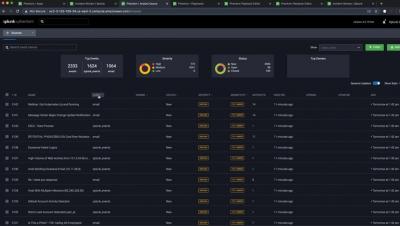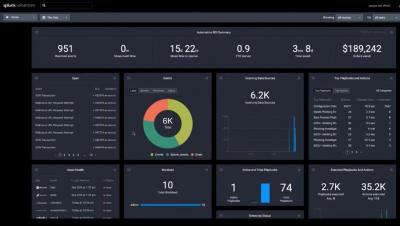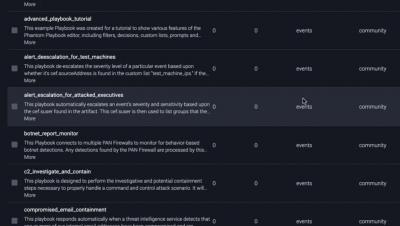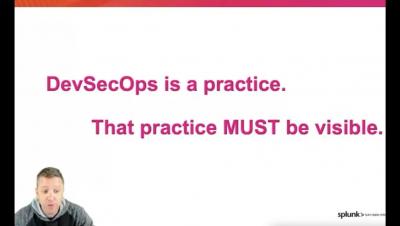Leading with Observability: Key Considerations for Technology Leaders
By 2022, Gartner estimates that more than 3 out of 4 global organizations will be running containerized applications in production. With this comes a new set of monitoring challenges — ephemeral, short-lived infrastructure, complex service interdependencies and on-call developers who now need access to data for fast troubleshooting, just to name a few.







